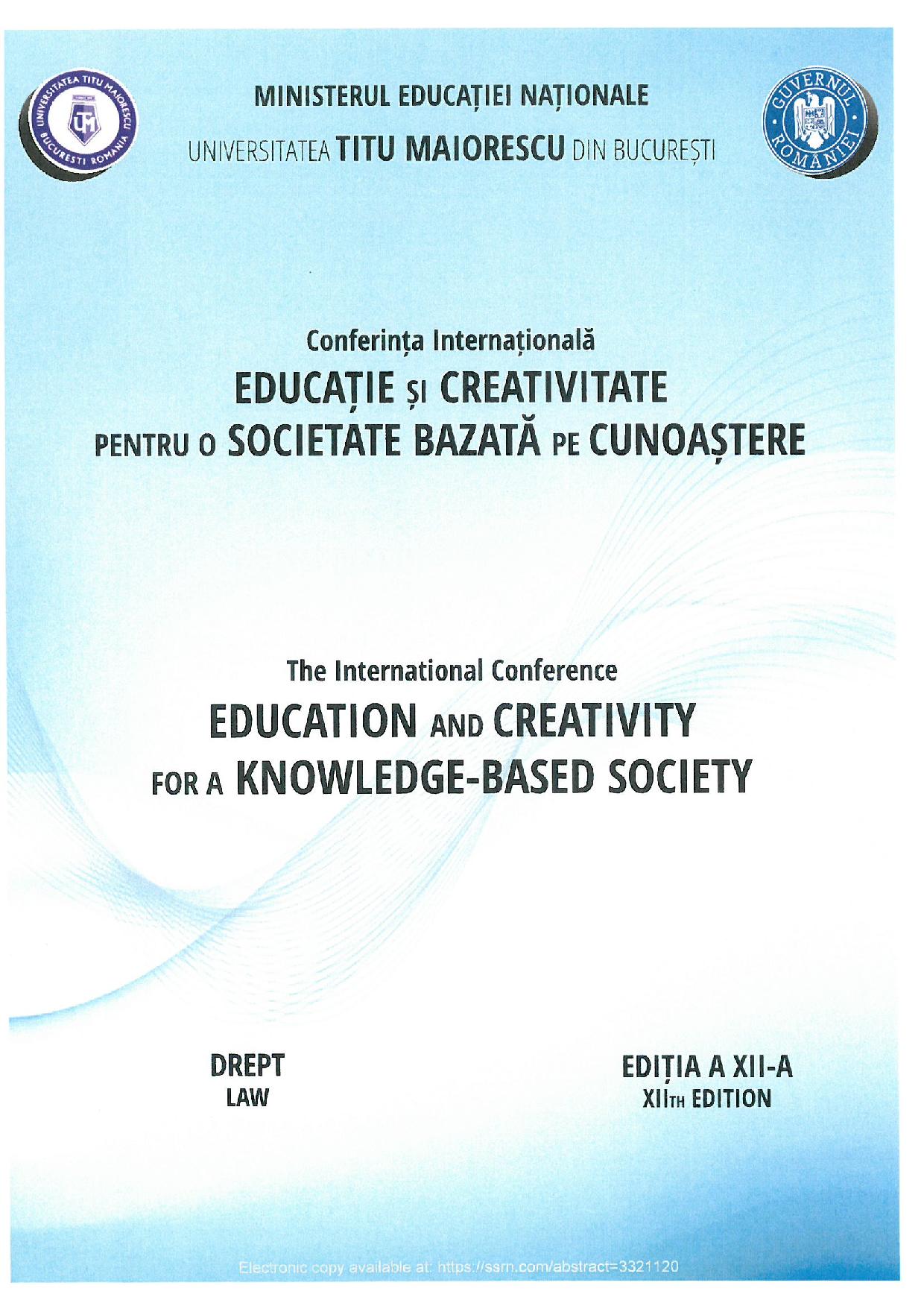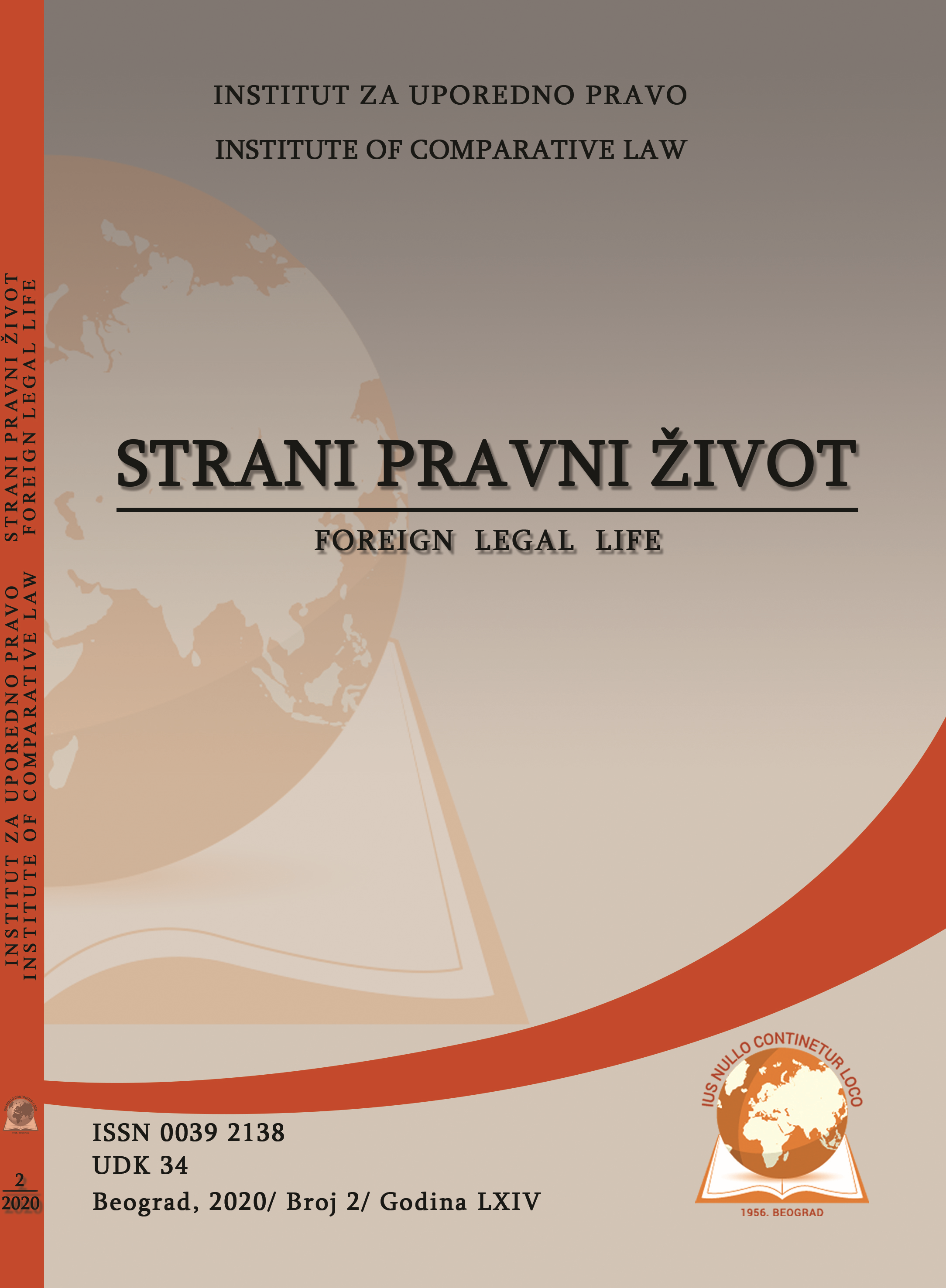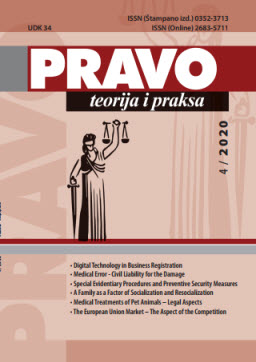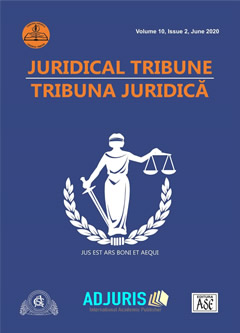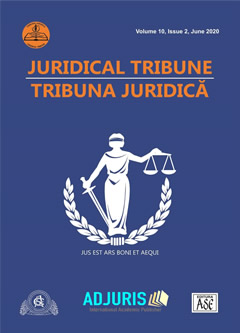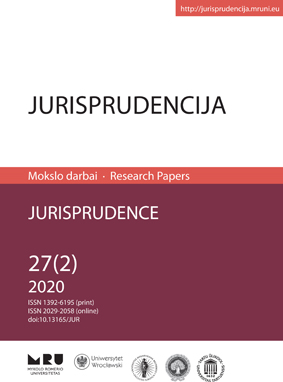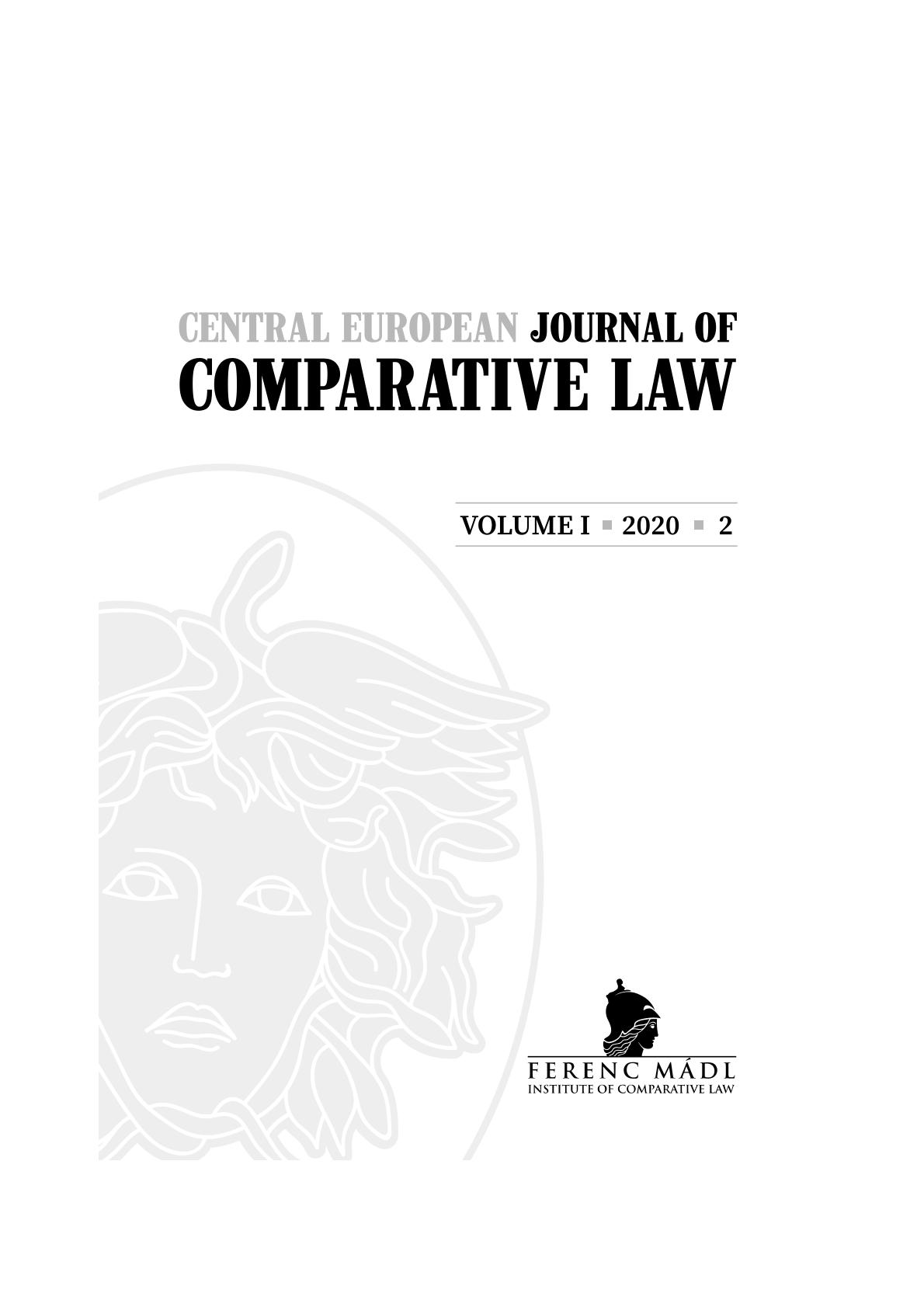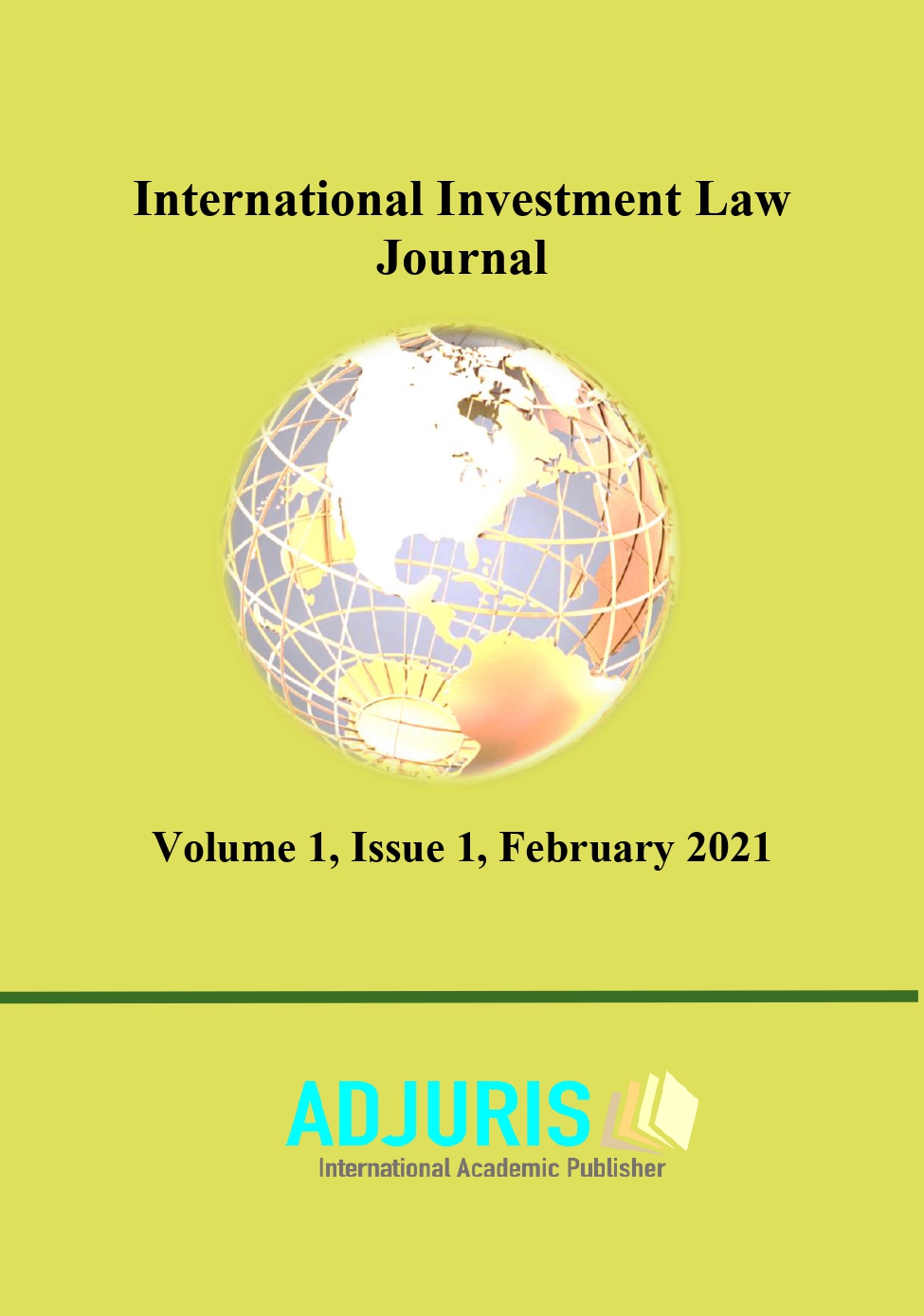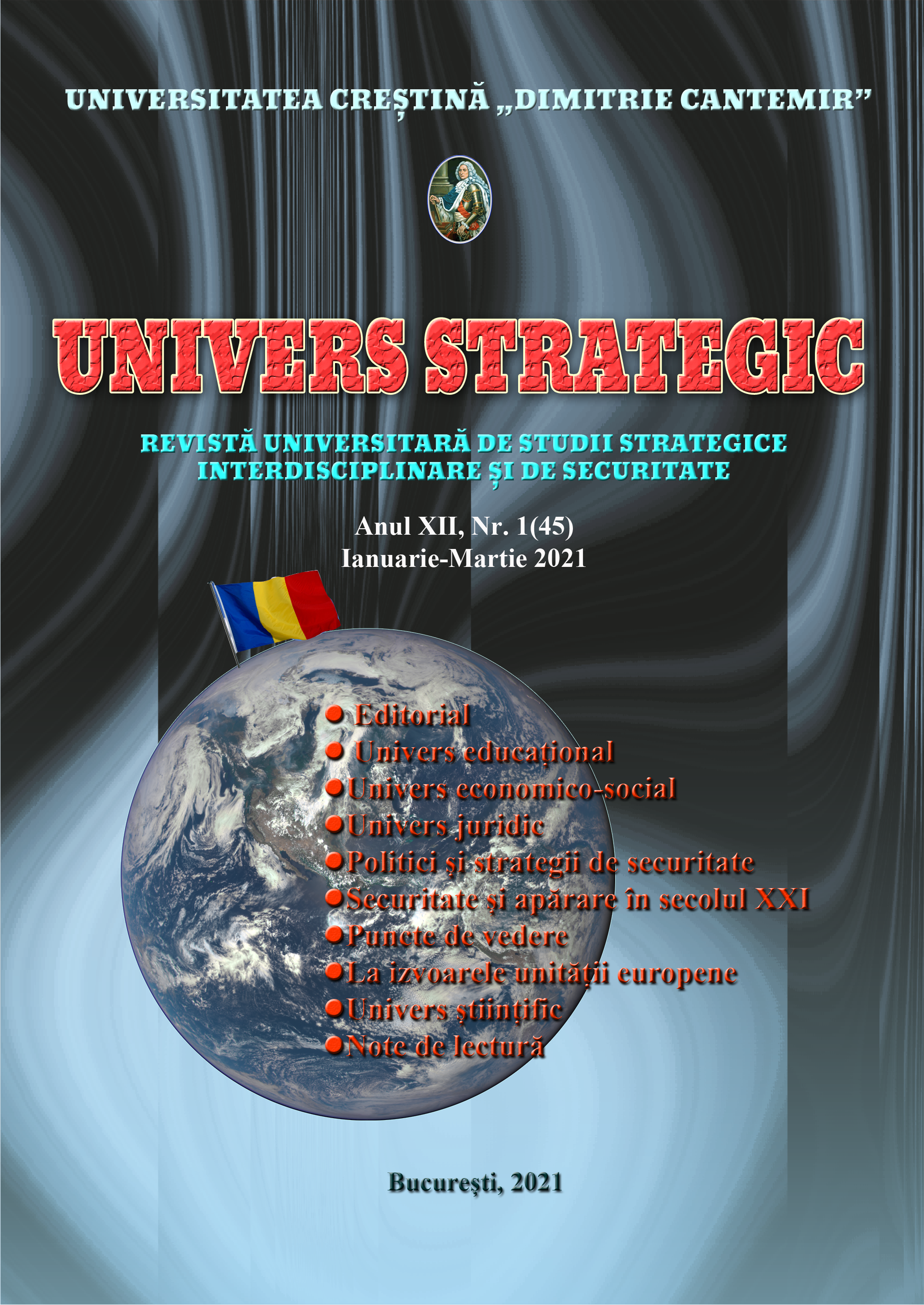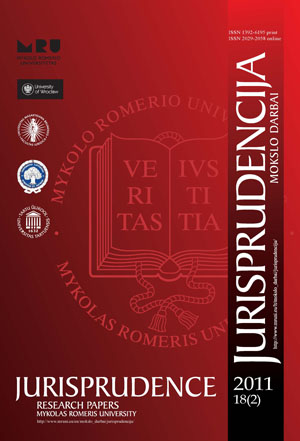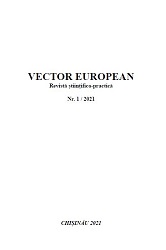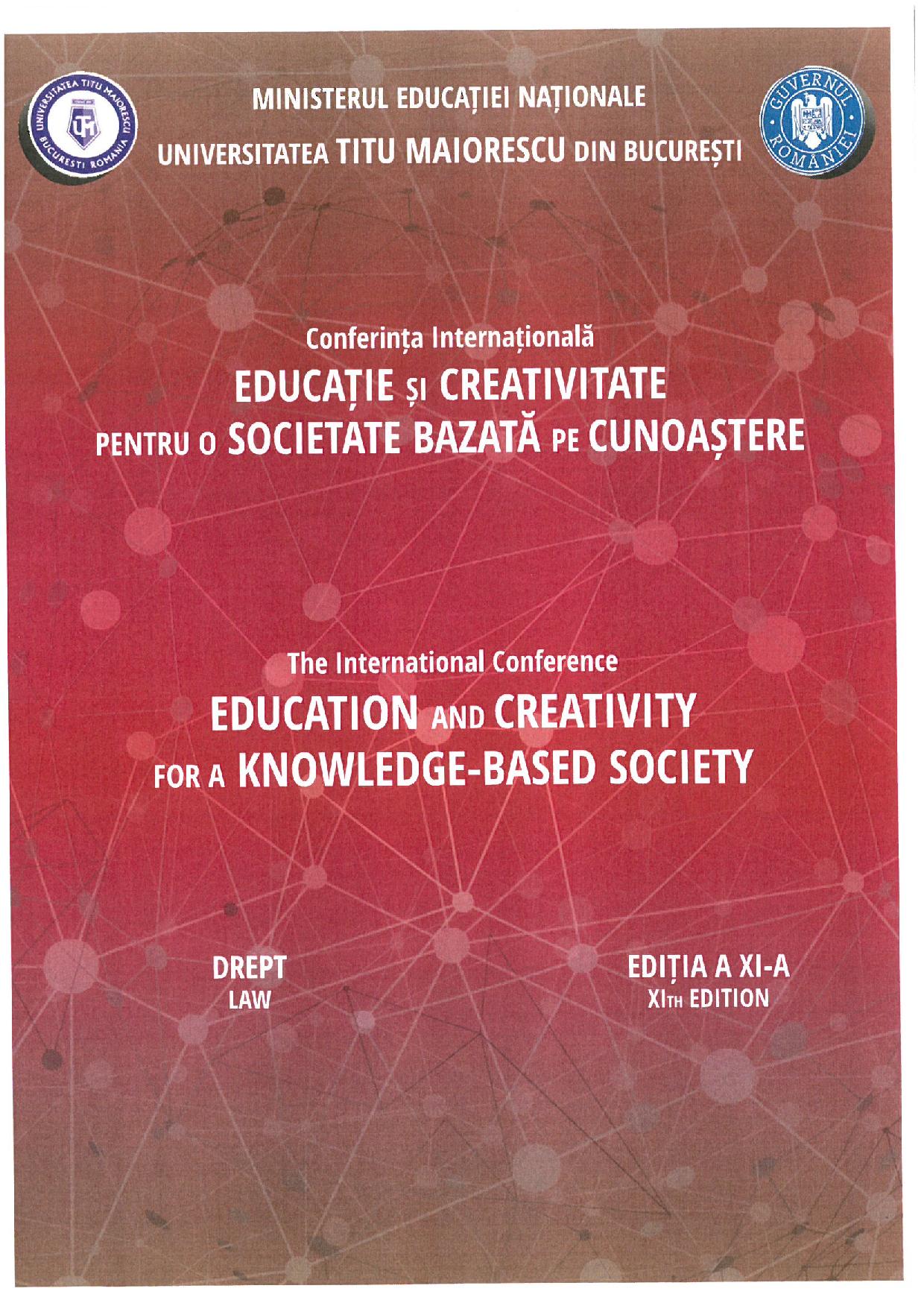
THE RISKS OF A BORROWING AGREEMENT IN A FOREIGN CURRENCY FROM THE PERSPECTIVE OF JURISPRUDENCE OF THE COURT OF JUSTICE OF THE EUROPEAN UNION
In the current context of numerous court litigation of foreign currency loans, especially those in Swiss francs, it is appropriate to refer the matter to the Court of Justice of the European Union, due to protecting consumers rights requiring constant attention. It is the duty of the national court to verify: the existence of a possible imbalance between the parties' services or the classification of the clauses in the contracts concluded with consumers as abusive or the professional fulfillment of the obligation to inform; depending on the circumstances and particularities of each case. It is also for the national court to rule on the matter and it is for the Court to elict the criteria that the national court may or must apply when examining the contractual terms. Thus, the Court's decision is binding on all national courts which are subject to similar cases. Thus, the possibility of extending the solution to cases involving loans in other currencies also arises and may even lead to a change in the jurisprudence of national courts.
More...
